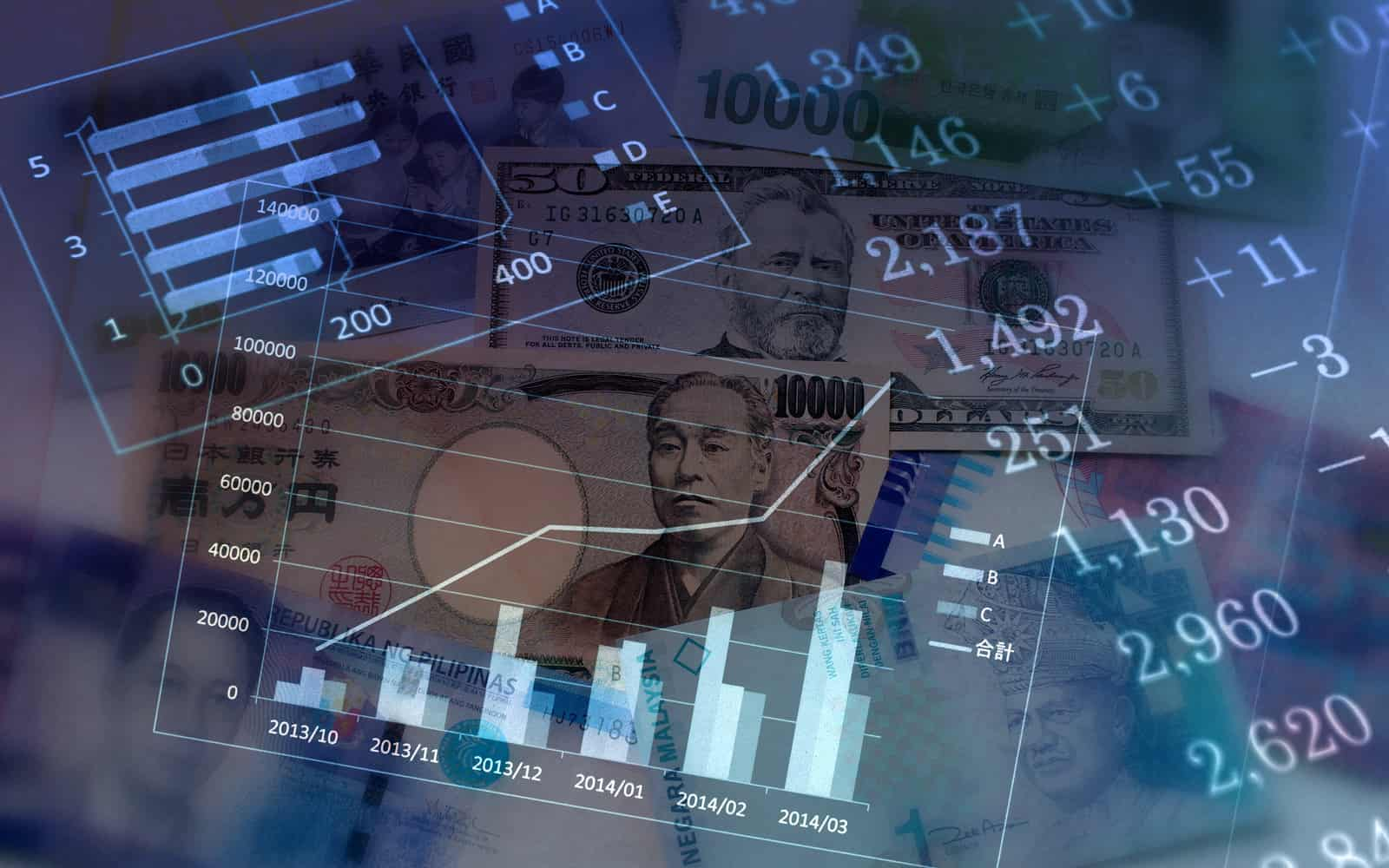People used to only engage in forex trading if they required foreign exchange for travel in many other countries.
This entailed exchanging a few of their native nation’s currency for foreign currency. At a banking or forex broker and receiving their fiat foreign exchange at the lender’s or trader’s foreign exchange rate at the time.
When someone says “forex-trading” they are referring to a form of investment transacting that has become popular in recent years. Many people are curious about how foreign cash trading, also known as trading forex, works and want to learn how to exchange currencies for oneself.
Beginner’s Guide to the Forex Market
It appears to be something that many people will find simple, even though traders in this business have a high failure rate due to the steep learning process.
Also, traders who are conscious of this have the mentality that “it occurred to them, so it won’t ever happen to me.” Finally, an estimate of 77 % of these investors walks away from vacant, unsure of what occurred to all of them and possibly feeling duped.

Forex trading isn’t a sham; it’s just a business that caters to insiders who know what they’re doing. Professional entrepreneurs should aim to live having learned the inner workings of forex trading and then become insiders, which will include researching the market, recognizing terms, and practising trading strategies.
Leverage and Forex
The opportunity of using a market feature known as forex market leverage is the key factor that leaves most traders hanging. Traders that use leverage will sell in the market with more capital than they’ve been in their deposits.
Unless you were dealing 2:1, for example, you should put $1,000 into your trading account and monitor and sell $2,000 worth of money on the markets. Many foreign exchange brokers have the leverage of up to 50:1. This can be risky since inexperienced traders are prone to jumping right in and dealing with a 50:1 spread without considering the consequences.
Your Emotions Vs. The Market
Assuming you avoid falling into the power pit, the next step is to master your emotions. When forex trading, the most important thing to deal with is your feelings. The forex market can be a rollercoaster, and cutting your losses at the right time and not falling into the pit of holding positions for too much takes guts.
When investors become concerned about losing cash in a trade. So because the price is not moving in their favour, the professional adheres to her trading strategy and closes out the trade to limit her losses. The beginner, on the other hand, continues to trade in the hopes that the economy will recover. This emotional reaction has the potential to cause inexperienced traders to lose all of their funds very quickly.
The existence of control will encourage you to be used, and if it backfires, your emotions will influence your verdict, and you will most likely lose money. The best way to stop any of this is to create a trading strategy. That you can adhere to, one that includes approaches and tactics. That you’ve tried and that result in successful trades at a minimum of 50% of the time.
Final Thoughts
The forex market functions similarly to every market that deals in assets like stocks, shares, or commodities. The manner you navigate the forex market will decide whether you win or lose money. When you search online, you could get the impression that other individuals can exchange forex effectively while you can’t. It isn’t true; it’s just your view of yourself because it makes it seem so.

